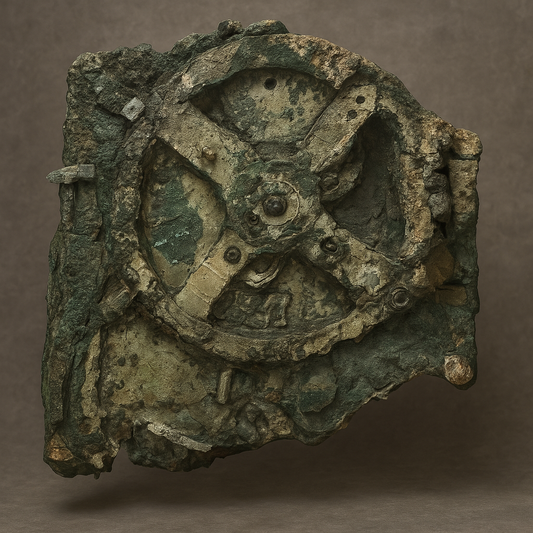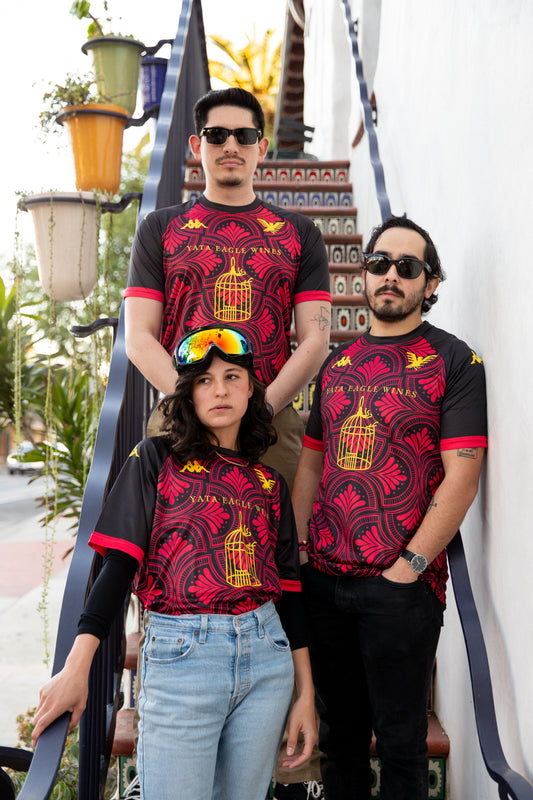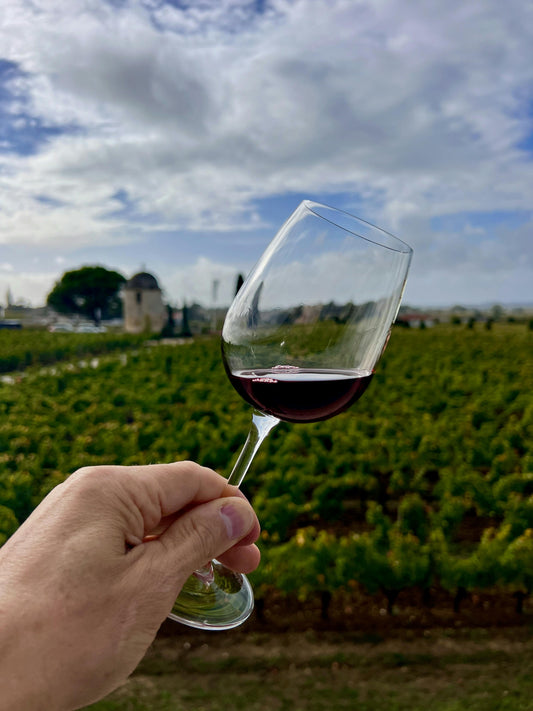This dick ain’t free
Artist: Kendrick Lamar
Album: TPAB
Track: For Free?
A wonderful and raw interlude on Kendrick Lamar’s album regarding the hustle and value earned from that work. It features amazing wordplays among the backdrop of instrumentals of jazz elements. – You looking at me like it ain’t a receipt.
Whachuwanuknowbutfree? Eating your leftovers and raw meat.
Free versus Freedom. Freedom comes at a high value, and the entry barrier itself is high too. We, we, as in you and I, or the people next to us, or the people that pay the price of living here, we don’t have the sufficient resources to overcome this barrier. The people that don’t have to pay that price however, have that freedom. Living in captivity raised my cap salary.
Enough about freedom though.
Whawetalkinbutisfree.
Free is a concept. In this situation, we are talking about what is without an exchange value for currency. We know how the economy and market dictates what price should be though. And then they determine what our wages should be though. And then they determine what our living cost should be though. How many times do we have to be manipulated dawg? Forget that. We know that system. We, Yata Eagle, are familiar with that system. Unlike businesses that aren’t aware of the capitalistic system they are participating in. Pity the fool that made the pretty in you prosper.
Let’s talk about food. If we compare the idea of market trade in pre-capitalism era, we know that exchange of goods (food) or bartering was common. But value was always intrinsically placed within the good. On the other hand, if we compare that to the present, we have shelters that serve free food (e.g. Santa Barbara rescue mission) or organizations that take food that are meant for waste and transform that to meals which are free (e.g. Free Café in Netherlands). But our job is to think of the future and how to work towards that. Let us start by saying this statement: food should be free. Wine should be free.
We know that if we set food prices to be free, it won’t cure world hunger, malnutrition, diets that causes diabetes or cancer, and neither would it change the fertilizer disaster we are facing. We are not just looking to set food to be free but we are looking to change the system so that food has no need to be paid for. Matter of fact, see our friendship based on business.
We are not talking about this
- Keeping the same farming and fertilizer methods for producing the same amount of crops or food.
- Keeping the same transportation methods for shipping these foods.
- Keeping the same land usage from cattle ranching from California to rice growing in Madagascar.
- Keeping the wasteful food programs that are in place.
- Keeping the unequal access to “healthy” foods to affluent neighborhoods.
What we are talking about is this:
- Making walkable cities. Walkable cities will encourage smaller communities from smaller but more prevalent healthcare, education access, legal support, and most importantly: food. This food can come in the form of community gardens or local distribution centers of food.
- Though there will still be farming land that is segregated from urban or city centers, they will still be integral to our food network program. Making food free will obviously scare these farmers but universal basic income comes into play here.
- Educate all class and race on the current inequal access to food and crop growing. I need forty acres and a mule, not a 40 oz and a Pitbull. Bullshit, matador, matador.
- Restructure the soybean export industry so that other countries who are traditionally reliant on our soybeans shift their culture and economy while us also supporting them to do so: internationalism. This food and wine being free thing isn’t going to work if we don’t help the world achieve this too.
- What would be excess production in our desired system in terms of excess land or excess crops/labor would be offered opportunities to be in the urban grow centers or distribution of food.
- Mandatory experience gaining jobs after high school in certain areas that serve society before they choose higher education (if they choose to): agriculture, law enforcement, social work, municipal work, state finance department, manufacturing products, construction. Giving the youth the opportunity to work in food and its logistics will help the local community while also giving the state essential workers who could be helpful.
We know there will be some “negatives”:
- Seasonality. There is a possibility that food systems will return to what is only available seasonally or locally if we keep this mode of production to a degrowth principle, but we don’t personally believe this to be the case. Scientific innovations are not necessarily shown the curb. Yata Eagle is not interested in returning the world to pre-capitalism but we are trying to envision a more equal society in the future. This includes us keeping up with innovations on how to grow crops efficiently and how to take advantage of this. The market won’t be devoid of GMO products or food without fertilizer, neither would it be devoid of low-intervention farming goods.
- Loss of food options. You know who we might have to say goodbye to? Chicken McNuggets or curly fries from Arby’s. To reiterate our point earlier, we are not necessarily advocating the demise of McDonald’s or any other large food corporations. We are looking to restructure the multinational and local companies to better serve the community and the world.
- Choice is devastated, decapitated the horseman. Oh America, you bad bitch, I picked cotton and made you rich. Now my dick ain’t free.
Well, if food should be free then wine should be free. But the tricky situation here is that wine can also be a luxury commodity. Think king crabs, or truffles, or saffron. We can’t put those in an auction and have people bid on them since that would defeat the purpose of this future society. We can’t also put them in your local food banks where it would become first come first serve.
Wine should be free. It should be free and it should be local. This may discourage big wine producers from continuing their business and forcing them to degrow, and that could lead to the appreciation of high-quality wines made by wine makers who truly believe in the passion of winemaking. We, Yata Eagle, are true passionate winemakers because we don’t only believe in producing good quality wines but we also believe that everyone deserves to try high quality wines. But how do we manage this without reverting back to behind-the-door barter systems of luxury food products? We do this by doing so:
We follow the Danish government’s model of film distribution. The tax collected by the Danish government is then allocated to the film institute and they support production cost and distribution cost of numbers of films and documentaries.

Not only will a future State encourage the pursuit of happiness (luxury), but it will also help with the distribution. Though there is no Yata Eagle’s concrete plan on how to distribute luxury products but our preliminary idea is this:
- That the state gives an equal opportunity for every single individual in the community to partake in high quality products. A monthly town dinner where a long table is set up in the middle of the town and luxurious food and wines is poured for its citizens. Or collaborations with chefs and sommeliers to create a space where citizens join kitchens, food banks, grow centers, or food distribution hubs to serve and grow food for citizens while also learning how to work and taste those luxury food products.
As we have said many times, Yata Eagle does not have a concrete plan for the future. We have a strong goal but it doesn’t mean it’s open to change. It’s very much open to change yet it remains very true to its core: to help the future and to help shape the future for the better. This is the way we think is best and whatever we learn along the way will shape the policies going forward. Perhaps we educate others and perhaps others educate us. This is an open collaboration effort and we look forward to working with anyone who has great ideas. It could be you, it could be the person next to you but this involves a large amount of communication and trust between us and we plan on fulfilling our goals. What are your goals? This dick ain’t free.




